News and features
Read the latest news and features about our world-leading research, discoveries, fundraising and philanthropy. If you want to keep updated on our news, you can follow us on social media or sign up for our Search newsletter.
If you’re a journalist and want to find out more, you can contact our media relations team.

Discovery in understanding the spread of breast cancer could lead to new treatments to slow metastasis
Researchers have discovered a certain amino acid is essential for breast cancer spread and restricting it in mice can stop cancer cells invading other parts of the body.
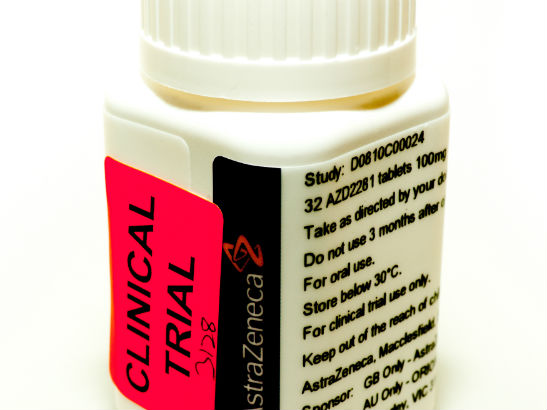
Combination treatment blocks cell growth and triggers cell death in colon cancer
Drugs that block cancer’s growth and survival could be used in a powerful one-two combination with death-triggering cancer drugs to treat colon cancer, a new study shows.
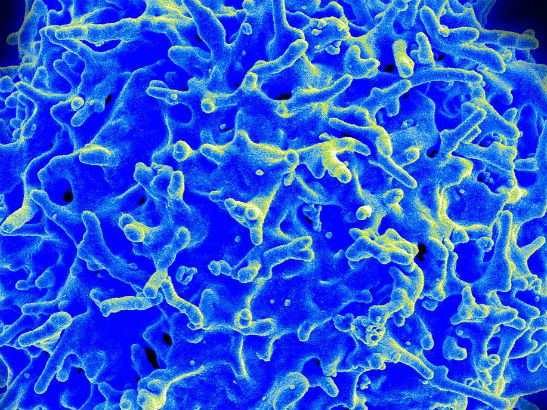
ICR alumnus Professor Jacques Miller awarded the Japan Prize
Professor Jacques Miller has been awarded the prestigious Japan Prize for his discovery of the role of the thymus and the two types of white blood cell involved in the adaptive immune system – a discovery that laid the groundwork for much of the field of immunology.
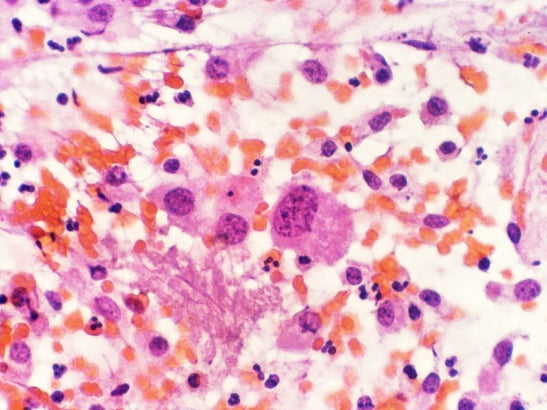
Blocking cancer stress signal shows promise in bone marrow cancer
Potential new drugs that block a safeguard used by cancer cells to stay alive in stressful conditions have shown promise against myeloma, a cancer of white blood cells made in the bone marrow, a new study reports.
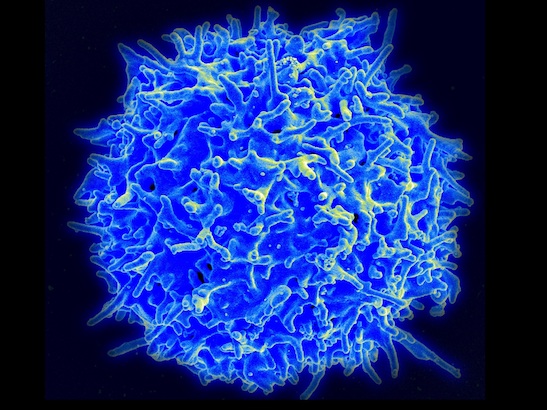
Blood test could indicate which patients will respond to immunotherapy
The test gives a measure of a patient’s immune system health by comparing the number of neutrophils with the number of lymphocytes.
.jpg?sfvrsn=2781c1a9_2)
Viral gene therapy could improve results from breast reconstruction surgery after cancer treatment
A new type of gene therapy delivered using a virus could protect healthy tissues from the harmful side-effects of radiotherapy after cancer treatment, a new study reports.

Exposure to light at night does not increase breast cancer risk, major new study suggests
The prospective analysis of 105,866 women provides evidence against the 40 year old proposal that night-time light levels and breast cancer risk are linked.

New treatment strategy could overcome drug resistance in testicular cancer
Men with testicular cancers called testicular germ cell tumours could benefit from a new combination of treatments if their chemotherapy stops working.

Scientists zoom in to watch DNA code being read
Scientists have unveiled incredible images of how the DNA code is read and interpreted – revealing new detail about one of the fundamental processes of life.
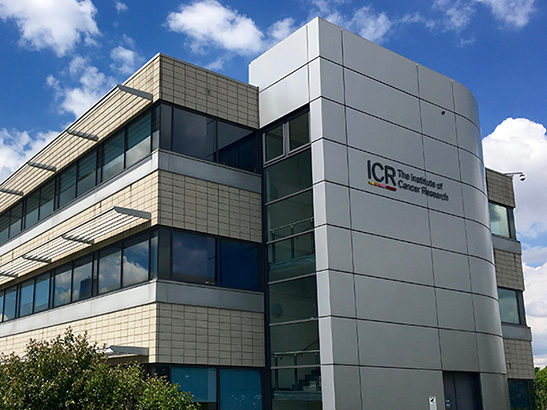
The ICR and Cancer Research UK join forces with leading science and technology company in new drug discovery alliance
The deal follows previous drug discovery collaborations and a more recent successful target validation collaboration between Merck and Cancer Research UK’s Cancer Therapeutics Unit at the ICR.
.jpg?sfvrsn=2c69136e_2)
ICR PhD student chosen to speak at joint UK-India conference
Jonny Pettinger was one of just eight PhD students chosen from across the UK to speak, and was also given the chance to undertake a two-week research project.
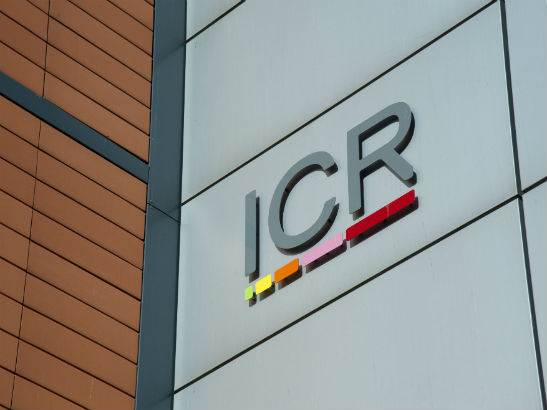
The ICR responds to the FDA approval of olaparib for women with BRCA-mutant advanced breast cancer
The Institute of Cancer Research, London, strongly welcomes the news that olaparib has been approved by the US Food and Drug Administration (FDA) for patients with advanced breast cancer.
